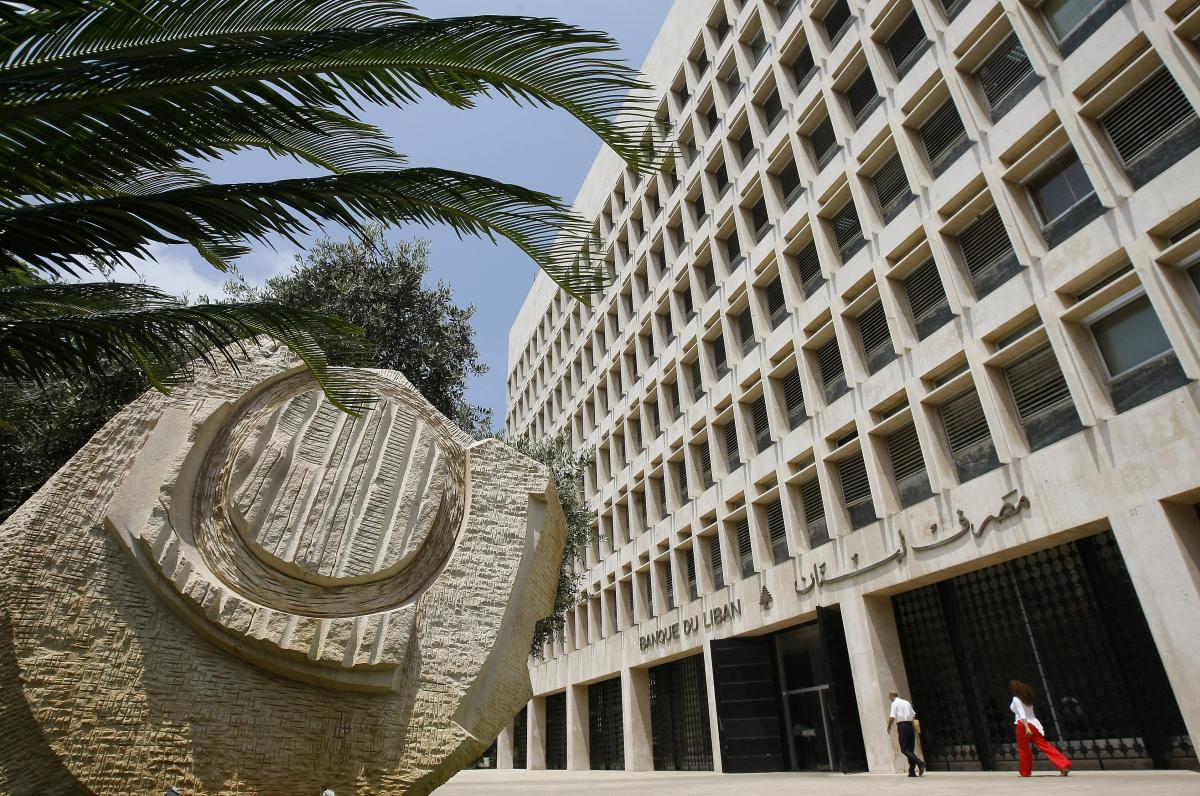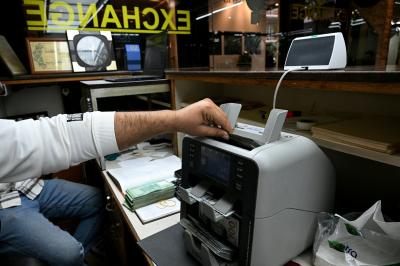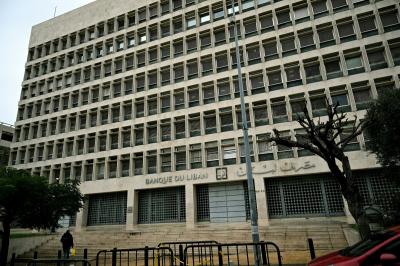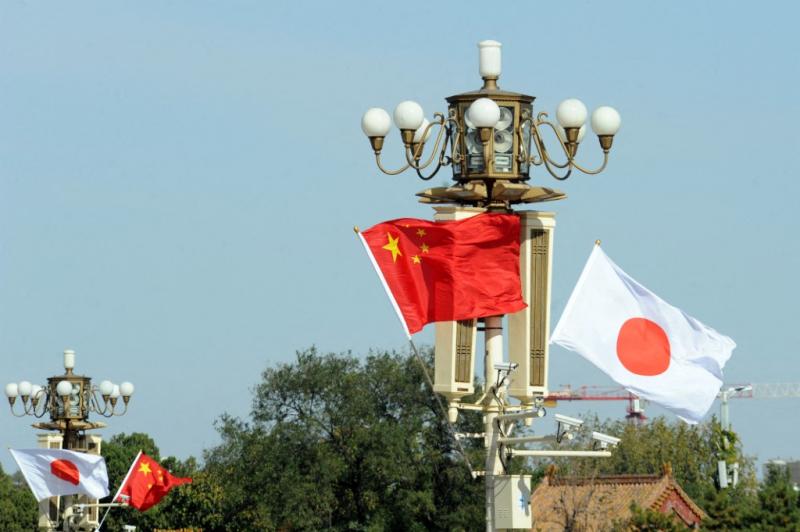Lebanon’s public institutions persist in flouting the Public Procurement Law, undermining both the national interest and the economy. As the local proverb goes, “Who dares challenge you, Antar? I did, and no one stopped me.” Such institutions—many of them—would not dare defy the rule of law without an absent executive authority to rein them in, a judiciary to hold them accountable, and a public opinion strong enough to pressure and follow up.
On May 27, MP Paula Yacoubian addressed the prime minister and finance minister with a formal inquiry into reports that Banque du Liban (BDL) had contracted a private foreign firm for $4 million annually to help remove Lebanon from the “grey list” of countries under enhanced monitoring. Yacoubian questioned the need for such a contract, given that BDL’s own Special Investigation Commission already serves as the national coordinator for implementing the Financial Action Task Force (FATF) action plan, and has even created a technical assistance committee to that end. What alarmed her most, however, was the fact that the deal bypassed the Public Procurement Authority.
BDL Confirms Contract with K2
The central bank did not deny the reports. On July 14, it confirmed signing a contract with K2 Integrity to assist in exiting the grey list—despite widespread objections and without holding a tender. Notably, K2 is not the only firm worldwide offering such services.
A day later, on July 15, the Public Procurement Authority requested BDL to explain why the contract had not been published on its official website, to provide the legal grounds for signing it, and to submit a copy of the agreement itself.
BDL’s justification was that the contract had a “security and confidential nature,” making it exempt from publication under Cabinet Decision No. 3 of October 2, 2024. That decision allows the central bank, exceptionally, to contract by mutual agreement in matters related to cybersecurity, core banking systems, protection and security mechanisms, networks, and sensitive infrastructure such as public and private key frameworks—areas where specifications cannot be disclosed publicly.
Oversight Authority Rejects Justifications
The Procurement Authority later dismantled these arguments in a detailed report submitted to the Cabinet. Its findings included:
Cabinet Decision No. 3 (October 2, 2024) was issued under exceptional circumstances that have since expired, meaning it is no longer valid.
As an entity subject to the Public Procurement Law, BDL must comply with its principles and rules, particularly Articles 1, 41, and 42, which mandate transparent procurement procedures—even when confidentiality is justified, within a proportional framework balancing secrecy and the public interest.
K2 Integrity’s tasks—such as mapping Lebanon’s cash economy and creating a unified national framework for enhanced due diligence in banks—are not inherently confidential.
The services in question have no direct connection to information systems, cybersecurity, or accounting platforms covered by the Cabinet’s decision.
Will the Judiciary Act?
The central question now: will the judiciary move to annul the contract after the Procurement Authority has legally invalidated all of BDL’s arguments? And will MP Yacoubian find colleagues willing to file an appeal before the State Council based on the authority’s report? Or will this case, like so many before it, be shelved and forgotten?
The Procurement Authority’s seven-page report is more than an administrative note; it is a clear legal opinion holding the relevant parties responsible for blatantly violating the Public Procurement Law. Yet the greater danger lies in the possibility that it will have no consequences, reduced to mere political squabbling while the contract remains in force.
Such an outcome would cost Lebanon dearly—up to $12 million over three years, according to Yacoubian’s estimates—with no guarantee of exiting the grey list. In the end, it would once again be the Lebanese economy and citizens who bear the burden of selective, opaque decision-making.
Please post your comments on:
[email protected]
 Politics
Politics













